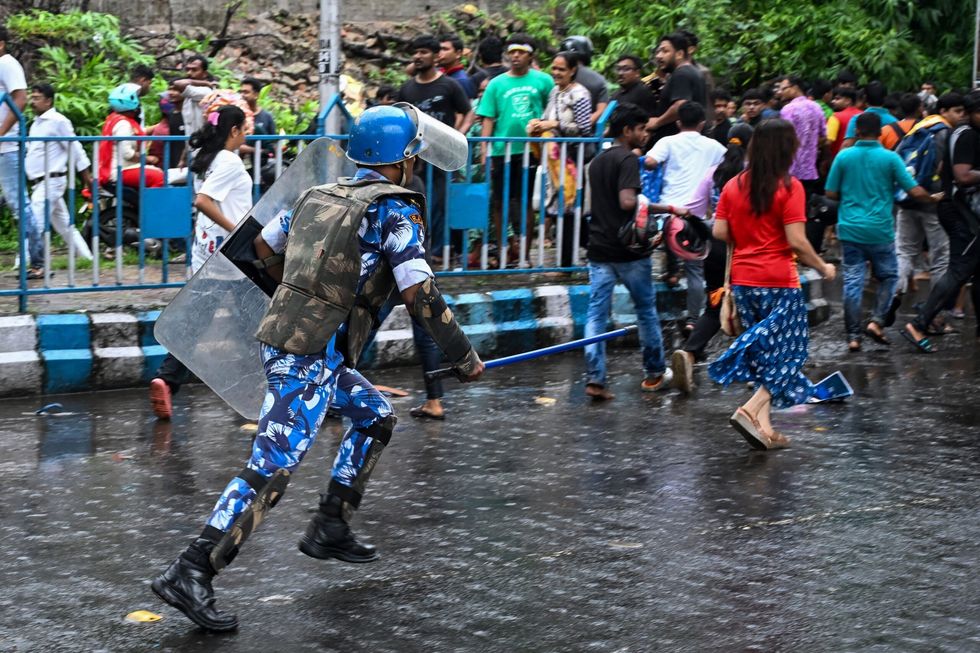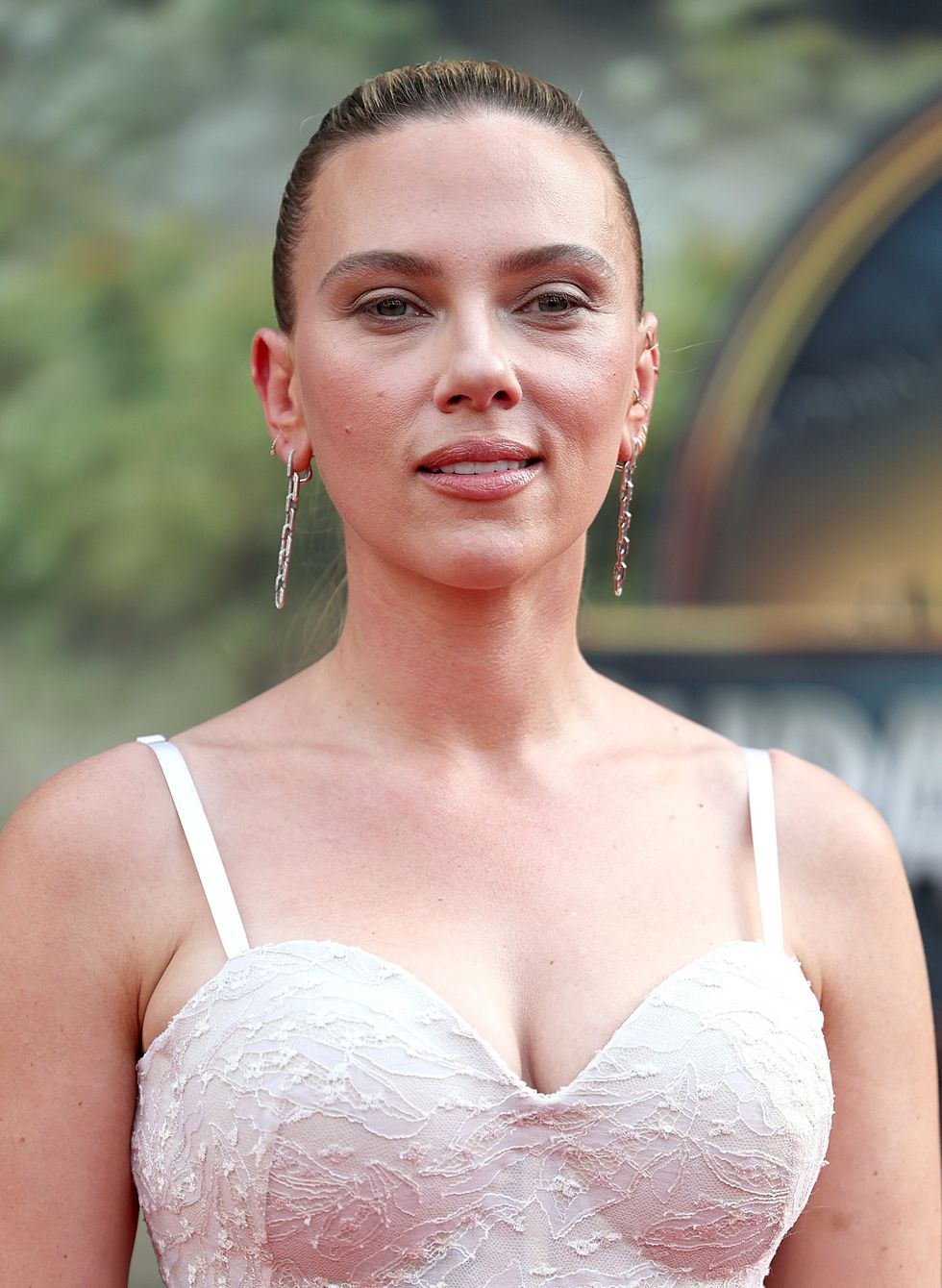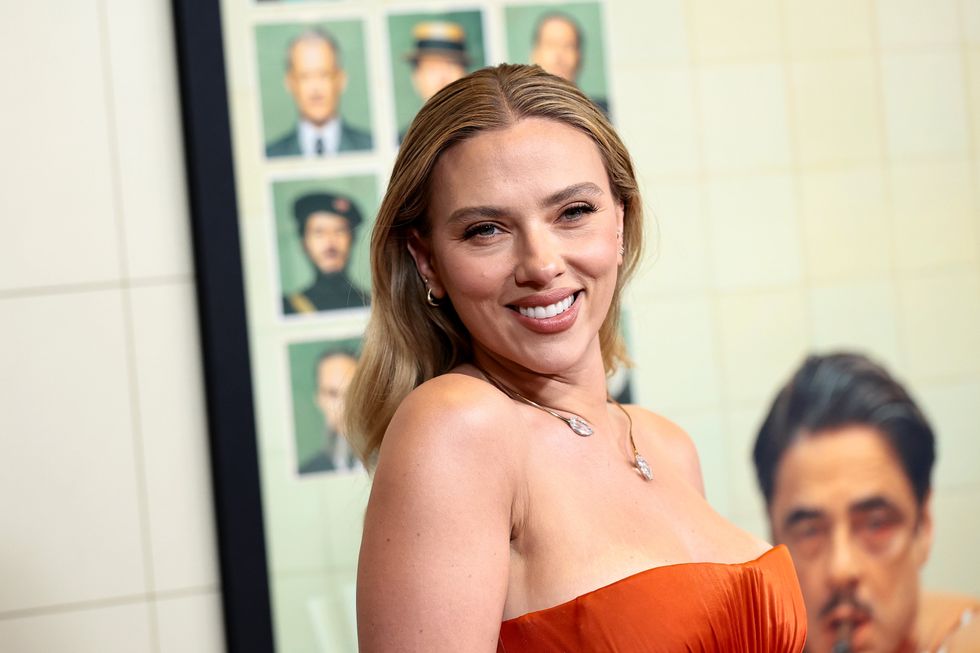HEALTHCARE services across India have been severely disrupted as junior doctors continue their nationwide protests in response to the rape and murder of a colleague at a Kolkata hospital.
The incident, which occurred on August 9 at RG Kar Medical College and Hospital, has sparked widespread outrage and united various groups, including rival football fans, in a demand for justice and safer working conditions for medical professionals.
The protests, now entering their second week, have led to significant disruptions at state-run hospitals, with non-emergency services being particularly affected.
Junior doctors are adamant in their stance, vowing to continue their cease-work and sit-in until their demands for justice and enhanced safety measures are met.
The movement has garnered support from various quarters, including thousands of football fans who marched in solidarity, and prominent figures like IMF Deputy Managing Director Gita Gopinath, who highlighted the broader implications of workplace safety on women's participation in the workforce.
In Kolkata, the protests have taken on a deeply emotional tone, with healthcare workers, students, and ordinary citizens joining together in candlelight vigils and rallies.
The murder of the young doctor has drawn comparisons to the infamous 2012 Delhi gang rape, with many protesters arguing that despite the introduction of stricter laws, women in India continue to face significant risks of sexual violence.
The escalating situation has prompted the government to form a committee tasked with improving security measures for healthcare professionals, but the protesting doctors remain skeptical, insisting that concrete actions are needed before they consider returning to work.
Heavy rush was seen at the out-patient departments on the first day of the week with senior doctors substituting for their juniors to handle the situation.
"This protest is for seeking justice for a postgraduate trainee doctor, 31, who faced brutality while treating patients for 36 hours at a stretch. It is the 11th day that her body was discovered, but where is the justice? We will continue this stir until we get justice for our sister," said an agitating doctor at the RG Kar MCH.
"We have forgotten our rivalries to make common cause in calling for justice for the doctor and her family," said Bablu Mukherjee, a supporter of Kolkata's Mohun Bagan soccer team. "The cause is bigger than our club, even bigger than politics."
The murdered doctor was found in the teaching hospital's seminar hall, suggesting she had gone there for a break during a 36-hour-long shift.
An autopsy confirmed sexual assault and, in a petition to the Kolkata High Court, her parents said they suspected their daughter was gang-raped.
In a rare case of unity, fans from Kolkata's usual rivals the East Bengal club marched alongside them in a midnight rally that lasted into the early hours of Monday (19).
"We are with the doctors," the fans chanted in unison, shrugging off torrential monsoon rains and police seeking to break up the rally. "We want justice."

'Not just a protest, but a call to humanity'
Many of the protests in multiple cities have been led by doctors and other healthcare workers but have also been joined by tens of thousands of ordinary Indians demanding action.
"It's not just a protest, but a call to humanity," said 23-year-old student Sristi Haldar, from Kolkata's Presidency University, who joined the candlelit rally.
"We are angry," she said. "It's about the safety of all women everywhere".
Doctors of RG Kar MCH, where the murder occurred, rallied outside the building on Monday. "We are determined that we don't give in to pressure to remain silent," said Shreya Shaw, a doctor. "The protests will go on until we get justice."
With non-essential medical procedures closed, some of the striking doctors in the capital New Delhi offered to see patients for free outside India's health ministry.
India's Supreme Court has also taken up the case overseeing the process in Kolkata's High Court, with a hearing set for Tuesday (20).
One man, who worked at the hospital helping people navigate busy queues, has been detained.
Medics refuse to end protest
Thousands of junior doctors refused to end the protests. The government has urged doctors to return to duty while it sets up a committee to suggest measures to improve protection for healthcare professionals.
"Our indefinite cease-work and sit-in will continue till our demands are met," said Dr Aniket Mahata, a spokesperson for protesting junior doctors at RG Kar MCH.
Groups representing junior doctors in Odisha, New Delhi, and in Gujarat have also said their protests will continue.
Gita Gopinath, deputy managing director of the International Monetary Fund, told India's Business Standard daily that workplace safety was important to raise the country's female labour force participation rate, which was 37% in FY2022-23.
"One cannot raise that (female participation) without ensuring safety at the workplace and safety of women in getting to the workplace. That is absolutely critical," Gopinath said in the interview published on Monday.
Sexual violence against women is a widespread problem in India – an average of nearly 90 rapes a day were reported in 2022 in the country of 1.4 billion people.
(With inputs from PTI, AFP and Reuters)






 A compelling premise, layered and unpredictable charactersAMG
A compelling premise, layered and unpredictable charactersAMG Anyone who enjoys a gripping story with a diverse cast and unexpected twistsHarperFiction
Anyone who enjoys a gripping story with a diverse cast and unexpected twistsHarperFiction








 As WCL enters its second season, Sharma is scaling upwclegends.uk
As WCL enters its second season, Sharma is scaling upwclegends.uk


 Scarlett Johansson opens up about breaking free from early typecastingGetty Images
Scarlett Johansson opens up about breaking free from early typecastingGetty Images  Johansson reflects on her childhood stardom and evolving careerGetty Images
Johansson reflects on her childhood stardom and evolving careerGetty Images  From Avengers to auteur Scarlett Johansson embraces creative control Getty Images
From Avengers to auteur Scarlett Johansson embraces creative control Getty Images